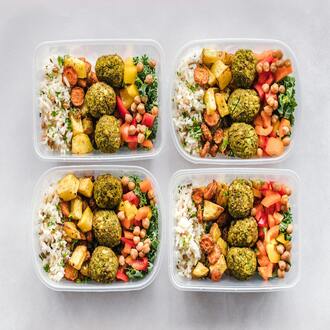Transcription Diagnosis of allergies, third stage
When the analysis of the clinical history and the results of skin tests and in vitro methods do not provide conclusive results or when it is necessary to determine among several suspected foods the cause of the allergy, the specialist physician will consider whether it is possible to perform a controlled food challenge test in order to establish a definitive diagnosis.
This test is sometimes not performed for two reasons:
- If there have been recent exposures with the suspected food, which have caused obvious allergic reactions and therefore, the allergy has been confirmed.
- It is contraindicated in cases of severe anaphylactic reaction to the identified food.
Requirements to carry out the controlled allergy challenge test:
- Not to be taking medication that inhibits the tests.
- Be asymptomatic.
- It will be carried out by experienced personnel in a hospital environment, with medicines and means available to deal with any serious reactions that may occur.
The provocation is performed while the patient is fasting and in a gradual manner, starting with an amount of food lower than that which produced symptoms and doubling it progressively until an amount equivalent to the usual intake of food is reached.
The interval of administration of the food can be from 15 to 90 minutes for immediate reactions. If the referred reaction is later, the interval between food administrations will increase.
The patient should be observed for two hours after provocation, in case of immediate reactions. Provocation will be considered positive when cutaneous, gastrointestinal or respiratory symptoms appear within two hours. Possible subjective symptoms, especially in adults, such as abdominal pain, nausea or itching are not considered.
diagnosis allergies third stage




